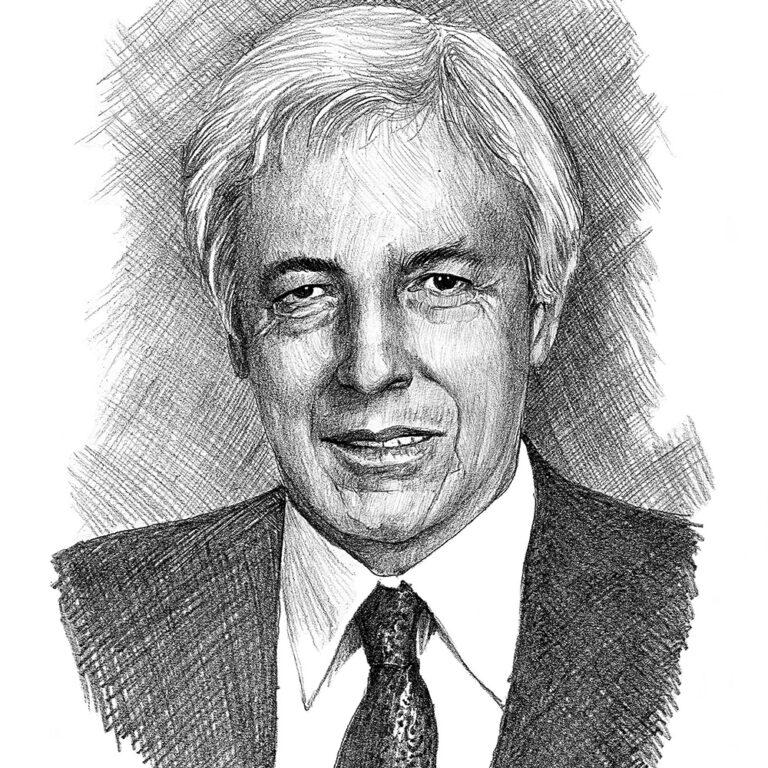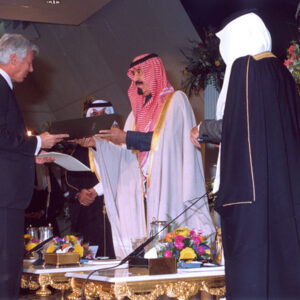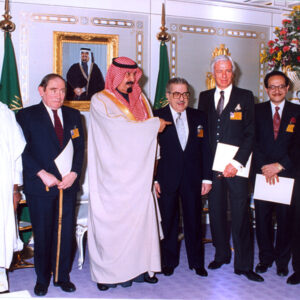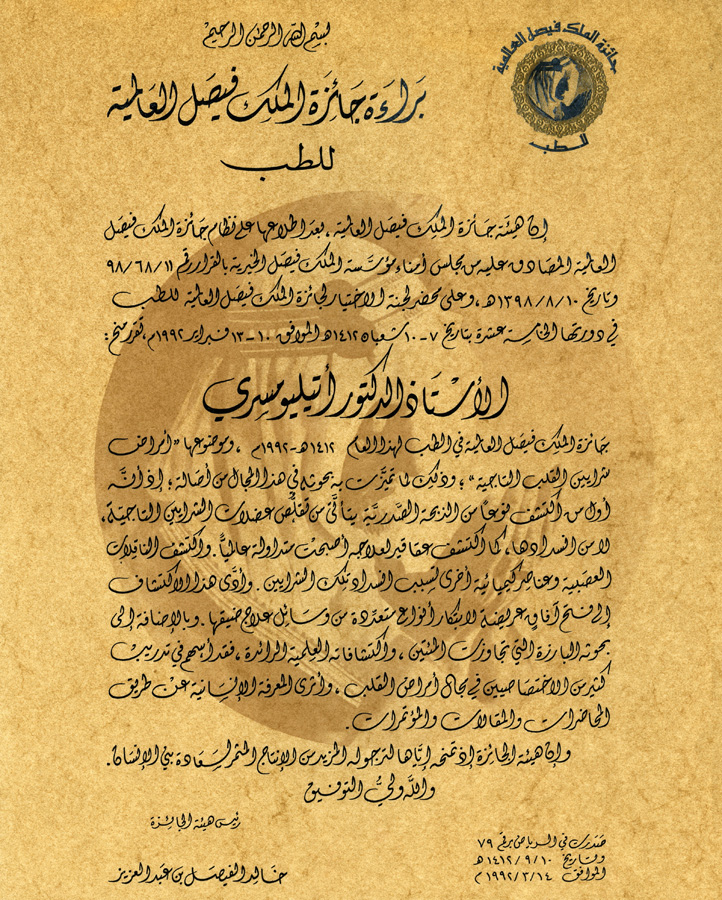

Professor Attillio Maseri
King Faisal Prize in Medicine 1992 Laureate
Topic: "Coronary Artery Disease"
The first ingredient that contributed to my achievements was my curiosity to understand why a symptom or disease develops in any individual patient at that particular time in life

Attillio Maseri received his MD with honors from Padua University Medical School in 1960, then obtained postgraduate degrees in Cardiology and Nuclear Medicine from the University of Pisa in 1963 and 1968, respectively. His academic career spanned more than 30 years. After completing his fellowships at Pisa, Johns Hopkins, and Columbia universities, he became Head of the Coronary Research Group at the University of Pisa (1967-1979). From 1979 to 1991, he was appointed a Sir John McMichael Professor of Cardiovascular Medicine at the Royal Postgraduate Medical School, and a Director of Cardiology at Hammersmith Hospital in London. For the following ten years, he served as a Professor of Cardiology at the Catholic University of Rome.
Professor Maseri was a clinical investigator with a remarkable track record of innovative research. His interests include the application of molecular biology, differential gene expression profiling, and clinical cardiovascular research such as molecular mechanisms of coronary instability and molecular mechanisms of negative and positive ventricular remodeling. By changing traditional paradigms, he played an important role in shaping new diagnostic techniques in pathophysiologic thinking. Both his research and clinical investigations contributed significantly to the opening of new avenues of research and patient management in the field of ischemic heart disease. He published more than 550 papers in international journals, authored and co-authored several books and mentored many cardiologists and cardio-thoracic physicians. During his career, he undertook several visiting professorships at several universities including Vanderbilt University in Nashville and Baylor College of Medicine in Houston. He also had an impressive list of invited lectureships.
Professor Maseri’s outstanding contributions were recognized by several awards and honors. He was a Lifetime Member of the Johns Hopkins Society of Scholars, an Honorary Fellow of the Council on Clinical Cardiology, Fellow of the Royal College of Physicians, and Fellow of the American College of Cardiology. He was also the recipient of the First George von Hevesy Prize for Nuclear Medicine (Tokyo) and James B Herrick Award of the American Heart Association.
This biography was written in the year the prize was awarded.
- He held several positions including:
- Professor of Cardiology and Director of the Cardiothoracic and Vascular Department of the San Raffaele Scientific Institute in 2001.
- Visiting Professor at the University of Virginia Health Sciences Center in Charlottesville, Brigham and Women’s Hospital in Boston, Mayo Clinic in Rochester, the University of Buenos Aires, Stanford University, and New York Medical College.
- He authored Ischemic Heart Disease: A Rational Basis for Clinical Practise and Clinical Research (Churchill Livingstone), (1995).
- He received many awards and honors including:
- Distinguished Investigator Award of the American College of Cardiology in 1997.
- Invernizzi Prize for Medicine in 1998.
- Gold Medal Award from the European Society of Cardiology in 2002.
- Gold Medal for Culture and Science by the President of the Italian Republic in 2004.
- Honorary Membership of Alpha Omega Alpha Honor Medical Society.
- Fellowship of the International Academy of Cardiovascular Sciences.
- Professor Attilio Maseri passed away in Pavia di Udine on 3/9/2021.



